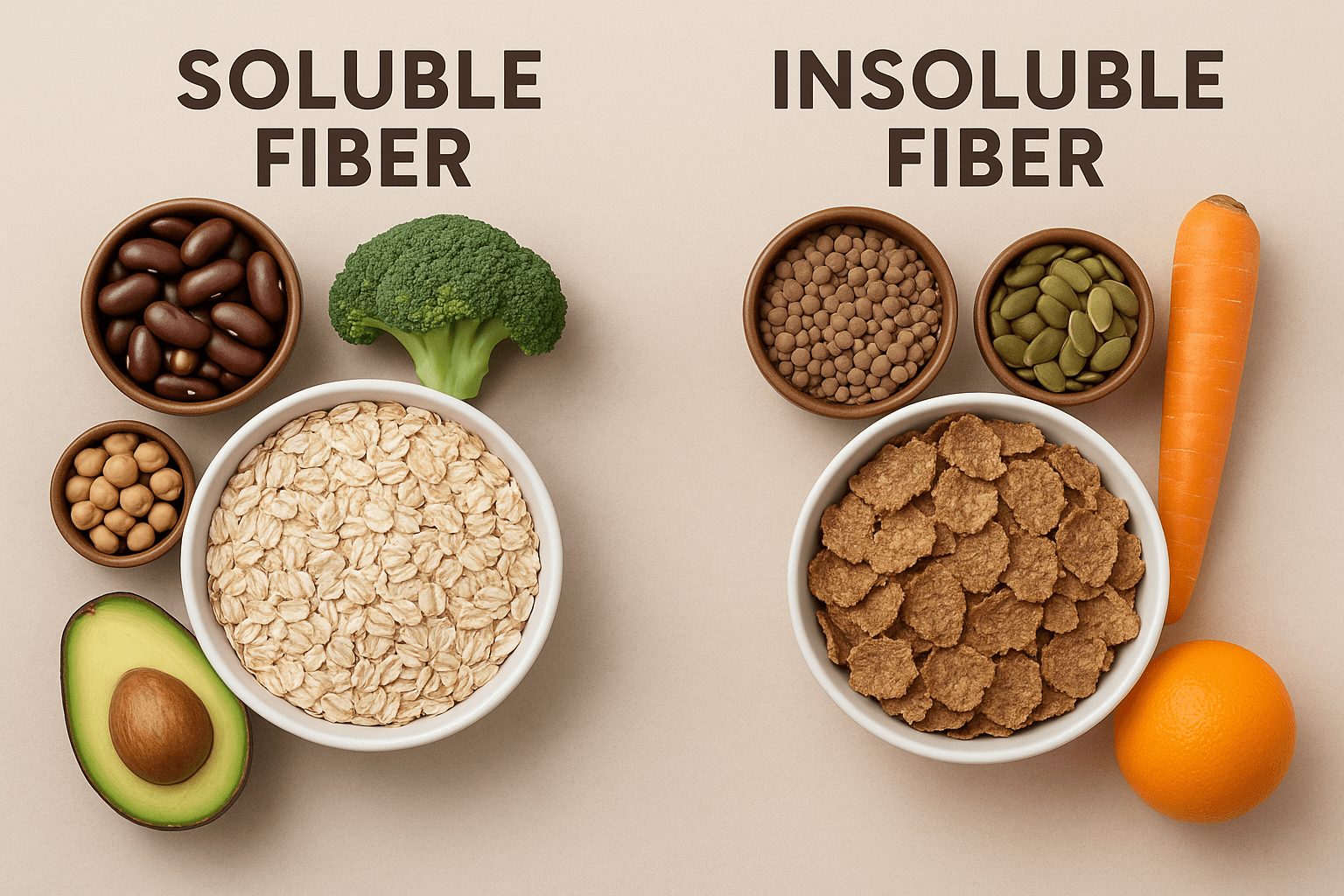Calories, Sugar and Fats
In today’s fast-paced world, calories, sugar, and fats are central to our dietary habits and health discussions. While they serve essential functions, an imbalance in their consumption can lead to significant health challenges. Let’s explore how these components affect the body, focusing on unused sugar, calorie-dense foods, and their links to fat deposits and insulin resistance.

Calories
Calories measure the energy provided by the food and drinks that we consume. The body uses calories for essential functions including breathing, digestion, and physical activity. However, when the consumption of calories is more than the amount needed by the body, excess calories are converted into fat and stored in adipose tissues. Over time, consistent overconsumption can lead to weight gain and obesity. To maintain a healthy weight, it’s important to balance calorie intake with physical activity while prioritising nutrient-rich foods.
Link Between Sugar and Fats
When you consume sugar, your body breaks it down into glucose, which serves as a primary energy source. However, if the sugar is not used for immediate energy, the excess glucose will be stored as glycogen in the liver and muscles for future energy needs. Once glycogen stores are full, additional glucose is converted into fat and stored in fat cells, leading to weight gain over time. Chronic high sugar intake can lead to increased fat deposits, especially around the liver and abdomen, contributing to serious health risks including insulin resistance. This condition makes it harder for cells to absorb glucose, raising blood sugar levels and increasing the risk of type 2 diabetes. Increased fat deposits, particularly visceral fat around internal organs. This type of fat
Simple carbohydrates, such as refined sugars, white rice and white bread, are quickly digested and absorbed, causing rapid spikes in blood sugar levels. While they provide quick energy, the quick absorption of simple carbs often leads to energy crashes, making you feel tired and hungry soon after eating. These rapid increases also trigger a surge of insulin, the hormone that helps glucose enter cells. Over time, frequent spikes can overwhelm the body’s insulin response, putting stress on the pancreas. Insulin resistance is a precursor to metabolic syndrome, type 2 diabetes, and cardiovascular diseases.
Dietary Tips
To maintain a healthy body and reduce the risks associated with excess glucose, calories, and fats, consider the following tips:
- Choose Nutrient-Dense Foods: Focus on whole, unprocessed foods like fruits, vegetables, lean proteins, and whole grains. These provide essential nutrients and fiber.
- Limit Added Sugars: Minimise sugary drinks, desserts, and processed snacks. Opt for fruits instead.
- Incorporate Healthy Fats: Replace unhealthy trans and saturated fats with unsaturated fats found in nuts, seeds, avocados, and olive oil.
- Practice Portion Control: Be mindful of serving sizes, especially with calorie-dense foods. Balance energy intake with your physical activity level.
- Stay Active: Regular exercise helps burn excess calories, improve insulin sensitivity, and maintain a healthy weight.
- Build and Maintain Muscle Mass: Muscle tissue is metabolically active, meaning it burns more calories at rest compared to fat tissue. Building muscle increases your resting metabolic rate (RMR), which helps your body burn more calories even when you are not exercising. In addition, muscles are the primary site for glucose storage and utilisation. Building muscle increases the body’s ability to take up and store glucose in the form of glycogen, which helps stabilise blood sugar levels and prevents excess sugar from being converted into fat.
Conclusion
Calories, sugar, and fats are essential components of a balanced diet, but their impact depends on the quantity and quality consumed. Understanding how excess sugar is stored, the effects of calorie-dense foods, and the link between sugar intake and insulin resistance can empower you to make healthier dietary choices. By focusing on nutrient-rich foods and staying active, you can maintain your energy balance, support metabolic health, and reduce the risk of chronic diseases. Check in with Mandy for more tips on balancing your calorie intake and expenditure!


